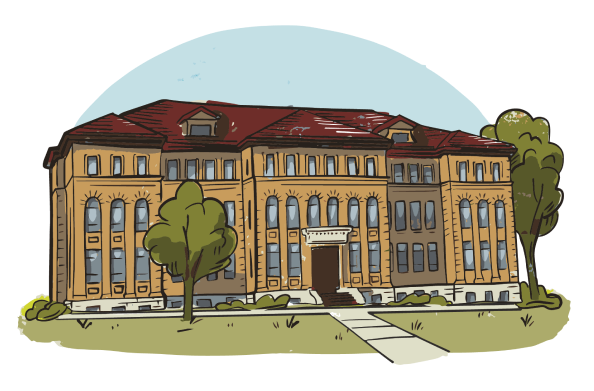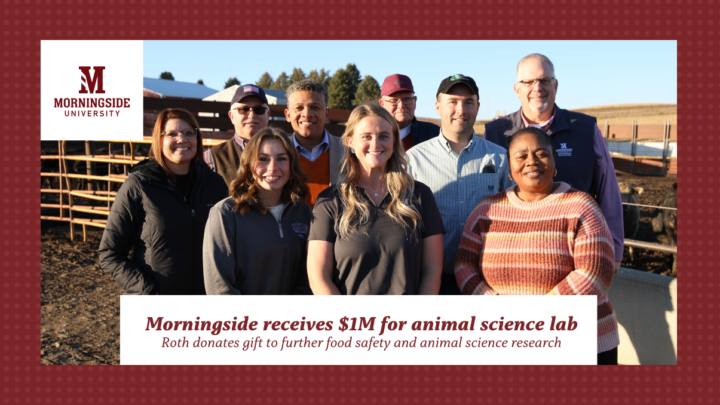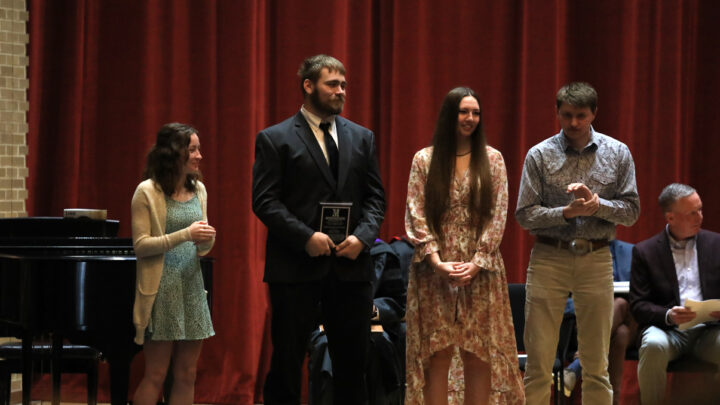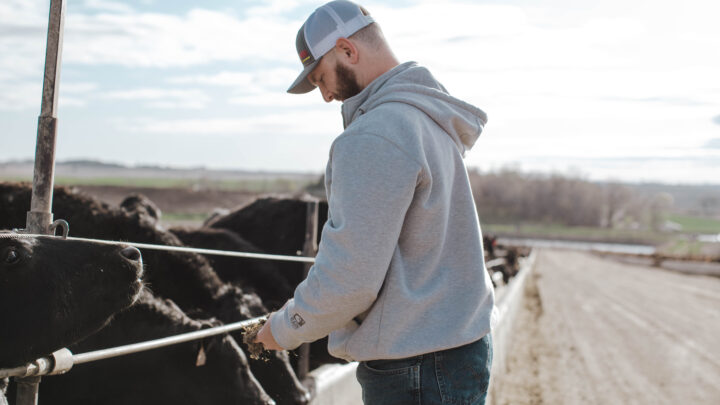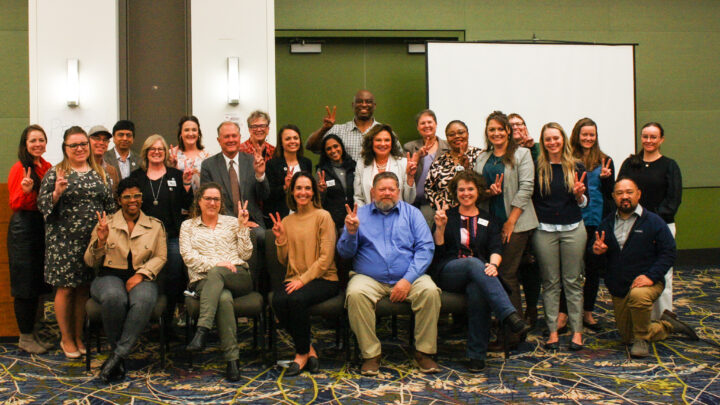
INTERSECTING PERSPECTIVES
The agricultural humanities minor offers you a unique opportunity to explore the interconnected relationship between humans and the land through an exploration of agriculture and humanities. The resources you develop in your studies will help you interrogate and understand your own relationship to the land. This minor will allow you to study and reflect on the central issues and challenges facing rural communities while also engaging in experiential learning opportunities to develop practical knowledge and skills and cultivate partnerships and relationships within the community.
Degrees
Agricultural Humanities
Minor
A Great Fit For
- Regina Roth Applied Agricultural & Food Studies Students
- Biology Students
- Business Students
- Humanities Students
- Any student with an interest in agriculture and the humanities and our human relationship to the land
The Rooted: Integrated Humanities and Agricultural Project has been made possible in part by a major grant from the National Endowment for the Humanities: Democracy demands wisdom. Learn more by visiting neh.gov
“Any views, findings, conclusions, or recommendations expressed in this, do not necessarily represent those of the National Endowment for the Humanities.”
FEATURED COURSES
REQUIRED
The course covers the great revolutions in food and agriculture from the origins of cooking to the globalization of food and agricultural chains. The focus of the course is global. Food and agriculture are studied as a theme across the centuries and as part of other historical events. The course includes the study of interconnections of food and agriculture from the past to the present. Themes to be studied include: impact of cooking and agriculture in building societies, the development of crops, and the impact of food and agriculture culturally, socially, and economically.
REQUIRED
Through study of texts in a particular genre (such as novel, short fiction, drama, poetry, essay), students learn how writers create within or outside formal conventions and traditions and how readers’ genre expectations shape their experience of texts.
REQUIRED
Check back later for course description.
REQUIRED
This course will help students explore the relationship of religion and food and develop your skills in ethical reasoning and application. We use food as an entry point to religious studies and ethical issues around food and food production. Through readings, in-class presentation, and hands-on experiences, we will investigate case studies from different cultures and historical periods. We will explore aspects of food ways such as cooking, farming, sacrifice, and display as they relate to belief and practices. This class will challenge you to move beyond easy notions of culture, religious authority, and identity and consider your own assumptions, ethics, and values.
WHY STUDY AT MORNINGSIDE?
13:1
student/faculty ratio so you’re assured a quality education focused on you
99%
employed or in graduate school within six months of graduation
65+
majors & pre-professional programs available
Related Majors & Minors
Still looking for the right fit? check out some additional program options that we think might interest you or are often paired with this program. You can also view the programs page to keep exploring your options.
MEET THE FACULTY
News
Next Steps
Visit
See for yourself all that Morningside has to offer.
Financial Aid
Financial aid is available. Learn how you can qualify.
Apply Now
Take the next step towards building your future.
Contact Us
Our admissions team is eager to answer your questions about this program and how to apply.
